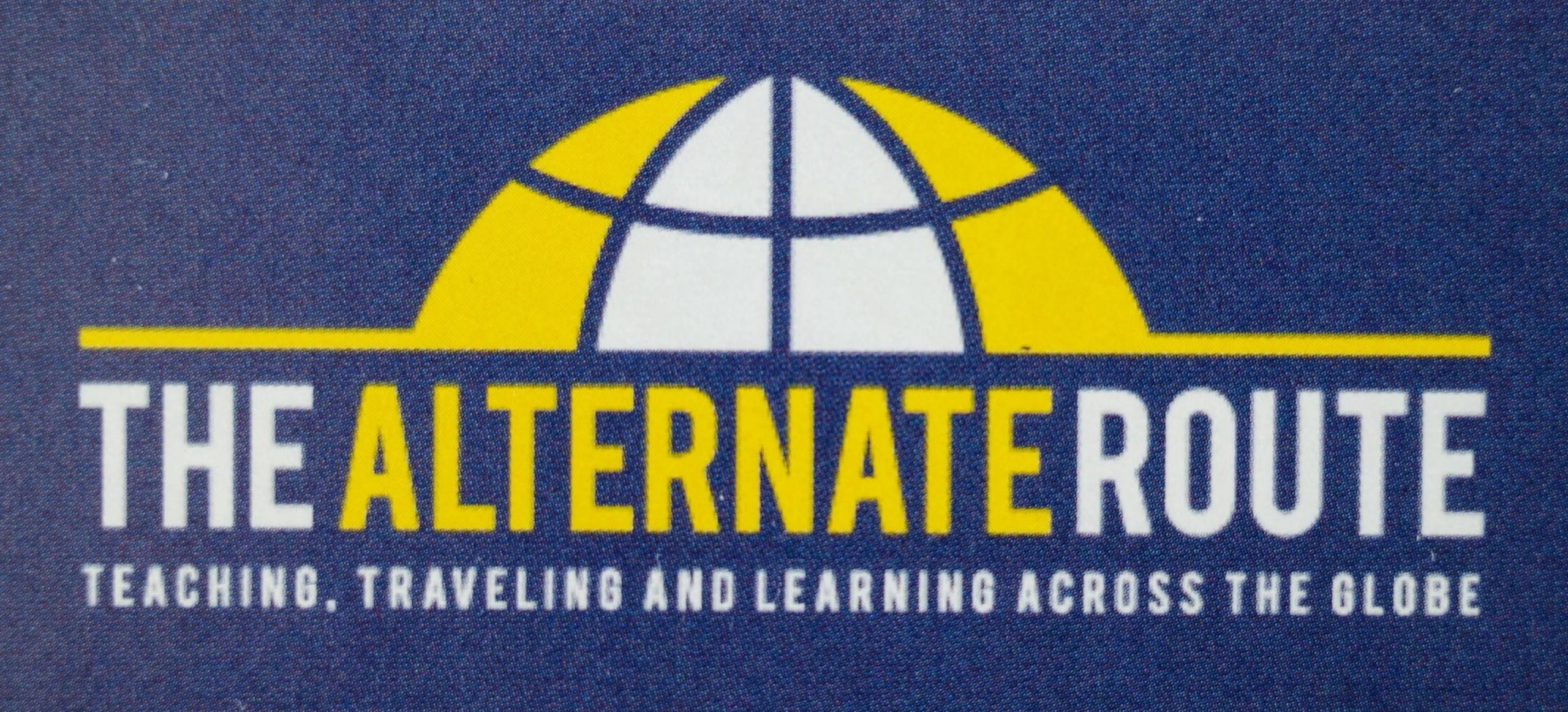Have I ever been fooled by information online? I don’t have to think too far back to find an example. A couple of weeks ago, as I was conducting research for a paper for one of my classes, I came across an article written by two researchers about new literacies. The article began with a description of the Pacific Northwest tree octopus which, according to the authors, lives in the rainforests of Washington. It is described as being amphibious, but it lives in trees.
As I read the description of this creature, red flags started going up. An octopus that lives in trees? How could that be? Yet, I was reading a scholarly article on a website that seemed familiar to me (Reading Rockets). I had heard of Reading Rockets and knew they had a presence on PBS, another reputable source of information. I must admit, I was also fooled by the academic language used in the article, such as “solitary cephalopod” and “amphibious.” There was also a link to a tree octopus site, which helped to convince me that this may be legitimate. So, I continued reading. I wondered how it could be that I had never heard of such an unusual creature. Of course, when I reached the end of the paragraph, the authors revealed that this octopus does not exist. I felt like a fool. I know how ridiculous this sounds now, but as I read the paragraph, I can’t deny that I was fooled, if only for a few seconds.
The authors, by the way, were demonstrating how easily students take for granted that everything they read on the internet must be true. I can now see how important it is for teachers to teach critical online reading skills. Students must be able to assess the credibility and accuracy of the information they find on the internet. Teachers can use spoof sites to introduce this topic and prove to students that not everything online is true, but the teaching must go way beyond this. Students need to know how to identify the author or publisher of a website and how to find additional sources of information, including various points of view on a topic. These skills must be taught and reinforced across subject areas and grade levels. This is one step in developing digital media literacy skills in students. It will certainly help them to avoid having to admit that they fell for the tree octopus spoof!
cc image by deviantart.net
Miners, Z. and Pascopella, A. (2007). The New Literacies. District Administrator, October, 2007. Retrieved December 21, 2007, from http://www.districtadministration.com/viewarticle.aspx?articleid=1292.


August 5, 2013 @ 02:55
Love it!!! I actually used this site with teachers and students at school!!!! It's a divine example of EXACTLY what we have been studying in class. The questions that were presented in the latest reading (Reading Digitally Like A Historian: Using Multimedia Texts to Facilitate Disciplinary Learning, Manderino, 2012), guide students to ask questions to be critical consumers of digital texts. Questions like "how trustworthy or reliable is the text? Who posted this source to the Internet? or Who is the intended audience?"
I believe that teaching these questioning strategies will help students clarify purpose and help build their skill set. Students in the middle and high school are ready to be responsible for owning their own learning.
Thanks for sharing your experience with the tree octopus!!!
August 6, 2013 @ 01:42
I agree. We have to teach students to ask these questions and also teach them how to find the answers.